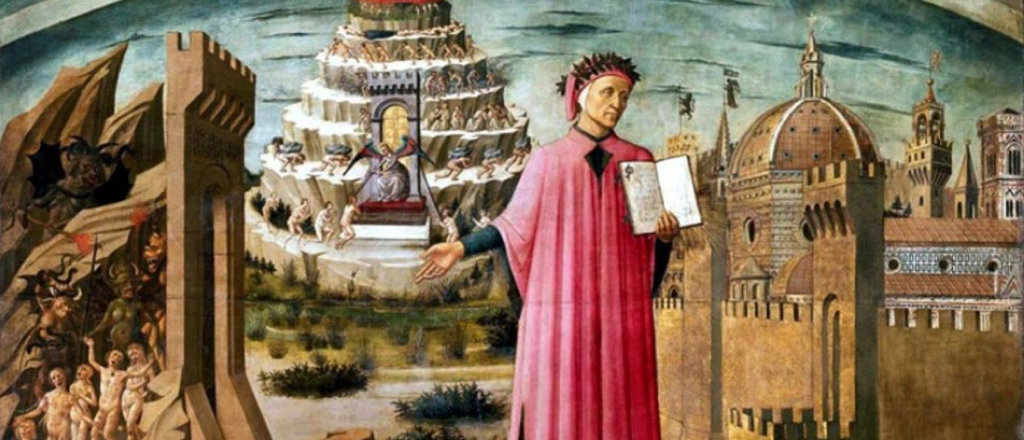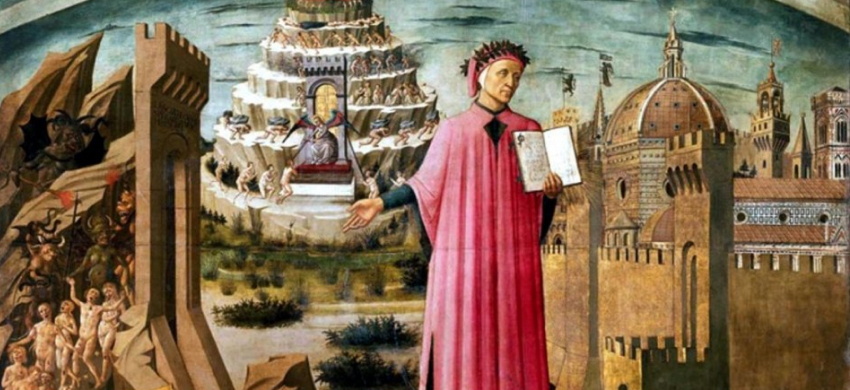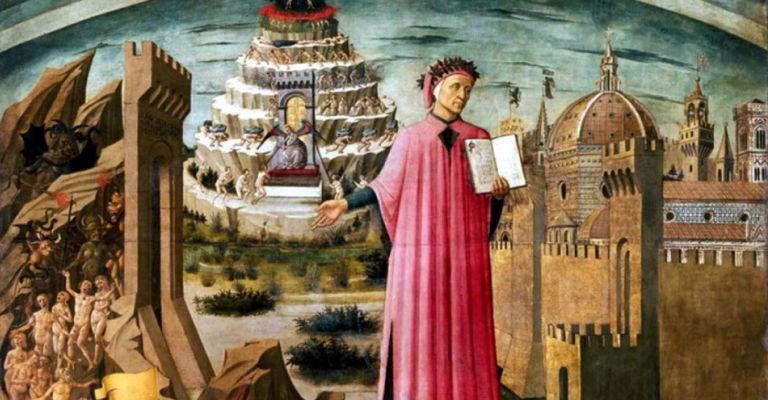This page gives a sense of some of the courses that have been offered under the Literature major/minor in recent years. It also provides a short description of the core courses that all Literature majors are required to take as part of their degree requirements.
Core Course
Proseminar
The proseminar introduces students to major problems, themes, and approaches in the study of literature. Faculty instructors and specific topics may vary from year to year, and they will cover topics such as critical translation, literary theories, literary history, formal analysis, or other methodologies useful for students of literature. The proseminar is required for both the major and the minor in Literature, but is not a prerequisite to most literature courses. We recommend that potential majors and minors take the required proseminar course (offered at least once annually in alternating semesters) either in the second semester of Year 2, or in the first semester of Year 3.
Electives
The Literature major offers a diverse range of electives. Here are some examples:
The Afropolitans: Contemporary African Literature & Film
Examining works of fiction, criticism, art, and film, this course unpacks the controversial term “Afropolitan” (African Cosmopolitan), troubling certain stereotypes about Africa by studying African cities as global metropoles and African creators as international innovators. First used in 2005, the term “Afropolitan” has attracted criticism as being applicable only to a certain social class: the wealthy global elite. We will begin by looking at writing both critical and laudatory of this term, and continue on to study key creative works in depth. No previous knowledge of African literature or arts is assumed, and students have the option of completing a creative final assignment.
Beyond China: Sinophone Literature, Film and Culture
This course starts from the premise that what lies “beyond” China is not any purer, more authentic ideal but rather complex, heterogeneous, and even unsettling narratives of the historical and cultural entity. In addition to works by mainland writers, we will examine art, literature, and film produced by overseas Chinese from Taiwan, Hong Kong, Malaysia, and the U.S. These fictional and non-fictional works, drawn mostly from the twentieth and twenty-first centuries, explore ways in which Chinese cultural identity was impacted by and continues to impact foreign cultures both within and without. Readings are divided into four sections. Each section takes on a popular conception or received notion about China and Chineseness, such as harmony and uniformity; clichés of overseas Chinese; and the image of the Chinese dissident. We will reevaluate such stereotypes with the help of literary and cinematic texts that either challenge or reinforce them, with the aim less of simply dismissing stereotypes but more of understanding the particular historical contexts from which they emerge and why they continue to have such a strong hold over our common imagination.
Dante’s Divine Comedy
This course is a slow and complete reading of Dante’s Divine Comedy, an undisputed masterwork of world literature. As the Italian poet narrates his vision of the world beyond, we will journey with him through Hell to Purgatory and ascend to Paradise and finally return to earth. We will pay special attention to the historical, intellectual, and social world of the European Middle Ages and the fraught legacy of the classical tradition. We will experience the sublime and terrifying grandeur of his cosmic vision, discuss theology and revelation, the state of souls in the afterlife, the primacy of poetry as an intellectual and spiritual activity, the nature of art and beauty, the relationship between pagan myths and Christian mysteries, and the medieval encyclopedia of classical learning and religious doctrine.
Global Science Fiction: Their Worlds, Ourselves
At its core, science fiction, unlike other literary genres, represents alternative, non-existent worlds and peoples whose existence might be possible in some other part of the universe or at some other time. It may then appear somewhat irrelevant that we still regard science fiction as a “Western” tradition when the very nature of the genre exceeds the “global” in its inter-species, inter-galactic, and trans-temporal ways. Yet, precisely because science fiction is the art of impossible possibilities, its “worlds of if” (to borrow from a Stanley G. Weinbaum short story) hold up a strange mirror to reality where prejudices, structured inequalities, and alienation between different people persist at the same time as they share similar hopes, fears, and dreams. This course, then, starts from the premise that we have always occupied multiple worlds: the point is to understand how science fiction allows us to re-world our multiplicities
Literacy Activism: Texts, Aesthetics, & Polictics
Honestly, what’ is the use of novels, poems, and plays, when the history happening outside our doors is so troubling and immediate, and seems to demand action and activism, not fiction and film? This question, or a version of it, has occasioned much debate ever since Plato decided to banish poets from his ideal Republic as useless liars. Certain historical moments have made this issue even more important, though, and authors of literary works have often sought to alter the political landscape by intervening directly or indirectly in the pressing issues of the day. From antebellum slavery in the USA to 20th-century apartheid in South Africa, from 19th-century industrial exploitation to the contemporary exploitation of immigrant labor, from the Holocaust to Hiroshima, writers have attempted to highlight injustices, and affect society and social policy. In this class, we will ask how and why, reading a number of “politically engaged” texts and theories of political aesthetics in order to: understand why the phrase “politically engaged” might be up for debate in this sentence; understand the aesthetic, political, ethical, and social contexts to which these texts respond; suggest possible stances taken by or within the texts, or possible solutions to political problems posed by these texts; become familiar with some of the radically different strategies adopted by politically engaged writers, from avant-garde experimentalism to descriptive realism; and critically reflect on the role that these texts, and literature or literary intellectuals in general, can play as a force for political transformation.
“New Media”: Inquiries into Literature and Technology
Like communities, all media are partly real and often imagined. As ‘new media’ become increasingly ubiquitous in popular and scholarly discourse, it is all the more important to excavate layers of early and obsolete technologies of communication, in both theory and practice, which continue to inspire actually emergent media. This course studies the ways in which media come to be written about, imagined, used, preserved and sometimes discarded, from early representations of the telegraph to writings on the magic lantern, a precursor to motion pictures, and fictional devices of proto-computers imagined in science fiction. Through literary narratives, artworks, history, and media theory, students will discover where the relics of past media are stored, what these alternative paths not taken are, and what now-forgotten futures of media say about different historical moments and the present.
Love in Antiquity: Eros in Translation
This course examines how Roman poets adapted and developed Greek erotic poetry. How did love elegy become the dominant new genre in the Roman literary scene of the mid first century BCE? How did Roman poets transform Greek models such as Sappho? What does love elegy tell us about sexual identities and expectations in Rome? Students will read Greek and Roman love elegy in translation with scholarship to understand the generic conventions and innovations of the Roman elegists. Students will also work with the texts in Latin and examine the translation tradition in English and theoretical discourses surrounding translation. Students enrolled in this course may opt to add a 2-Unit Independent Language Module to read the texts in the original Latin.
Ovid the Innovator
This course focuses on the Roman poet Ovid (43 BC – AD 17) via a detailed study of four innovative poetic works: Heroides (‘letters’ from mythical heroines to their absent lovers); Ars Amatoria (a didactic poem on how to find a lover in Rome); Tristia (epistles from the poet in exile on the Black Sea); and Fasti (a poetic treatise on the Roman calendar). Nothing is quite as it seems with Ovid. The mythical heroines in Heroides invite us to question the ‘authority’ behind familiar myths; Ars Amatoria outwardly excludes the married woman from, and subtly invites her into, the target readership of the poem; the poems in Tristia are so full of poetic flair and mythical allusion as to cast doubt as to whether Ovid was ever exiled at all; and Fasti outwardly celebrates and subtly criticises Augustan Rome in equal measure. These poems are studied in their own right and, more generally, as a means of assessing Ovid’s skill at manipulating myth, his creative engagement with literary predecessors, his exile and exilic persona, and his troubled relationship with Augustus and Augustan Rome. Students enrolled in this course may opt to add a 2 Unit Independent Language Course to read the texts in the original Latin.
Girlfriends: Narratives of Friendship
Moving away from the model of friendship established in the writings of Aristotle, Montaigne and Bacon, whereby only men are considered capable of true friendship, Morrison’s question—“What is friendship between women when unmediated by men?”—motivates a study on women’s bonds to women, including affiliations that are chosen and beyond choice, competitive and cordial, sisterly and extra-familial. Rather than a course on homo-erotics, this is a study on the ethics of care and relationality. Friendship is studied as a critical conception for women’s emancipation, an ontological foundation on which connections are (re-)built, and a mode of relational self-definition.





